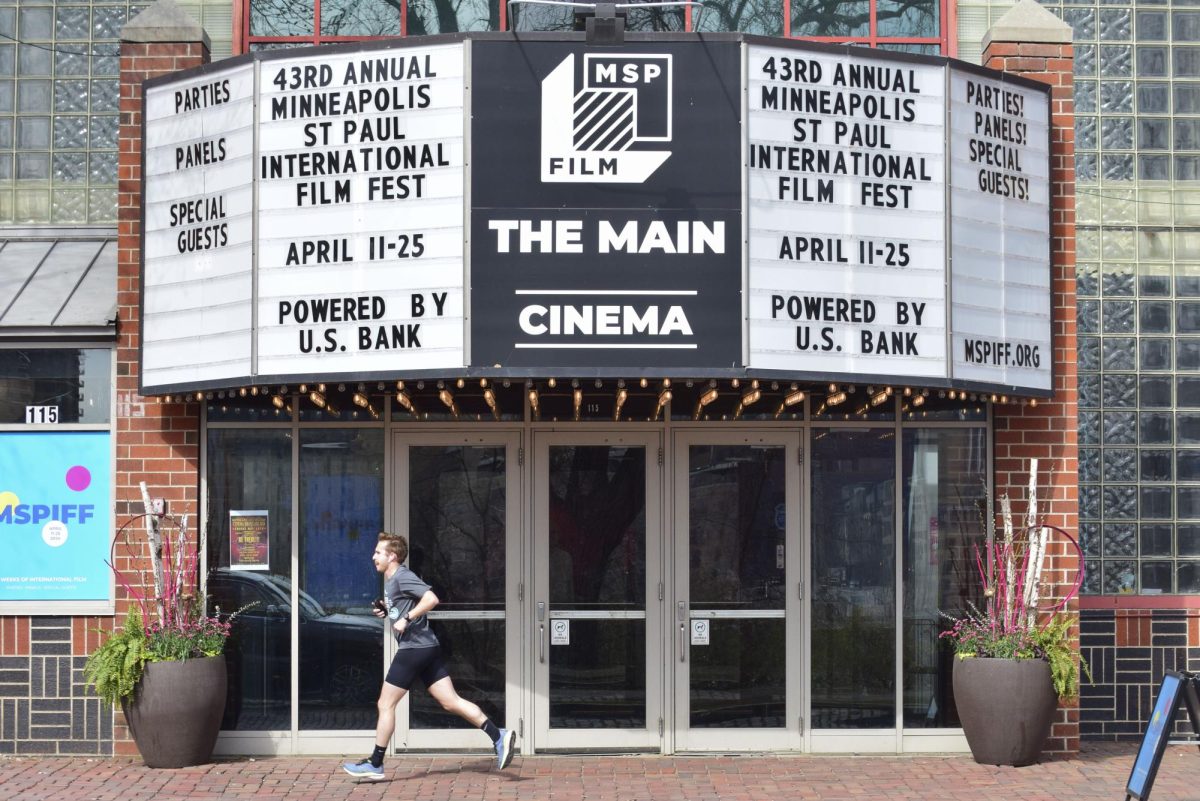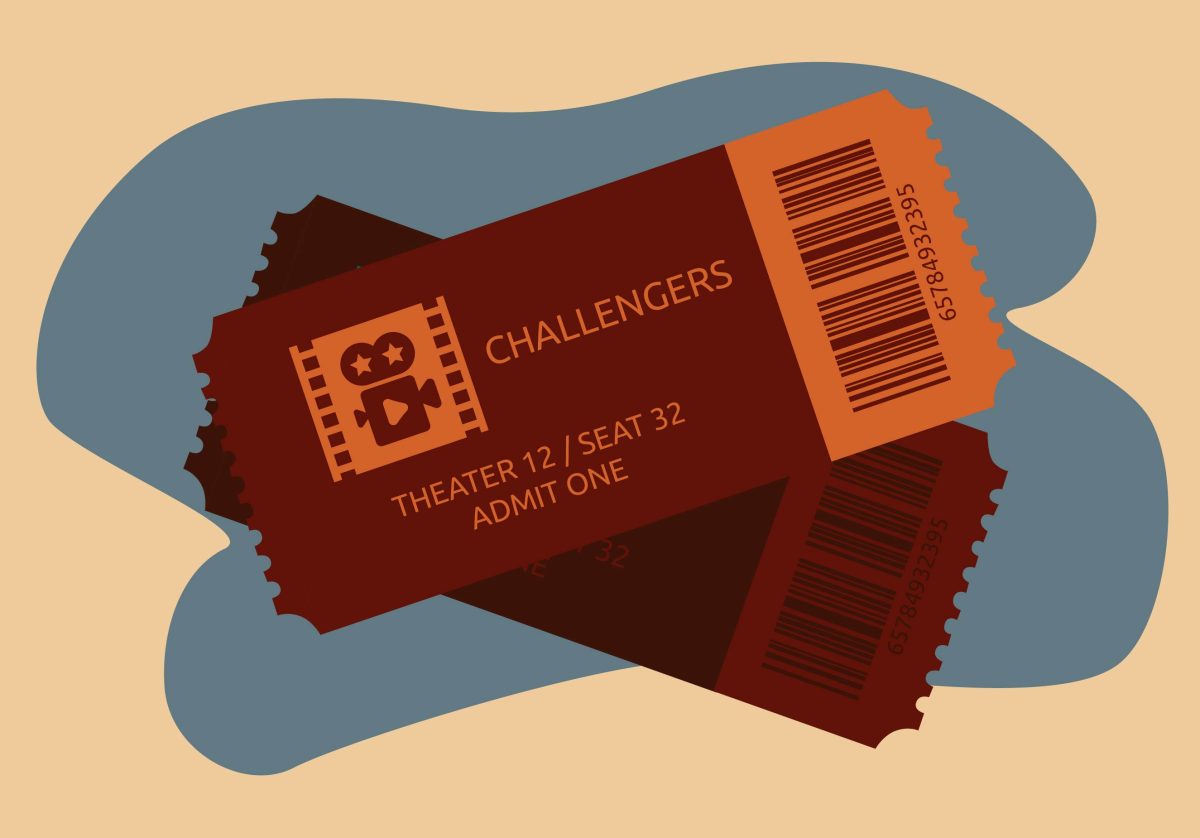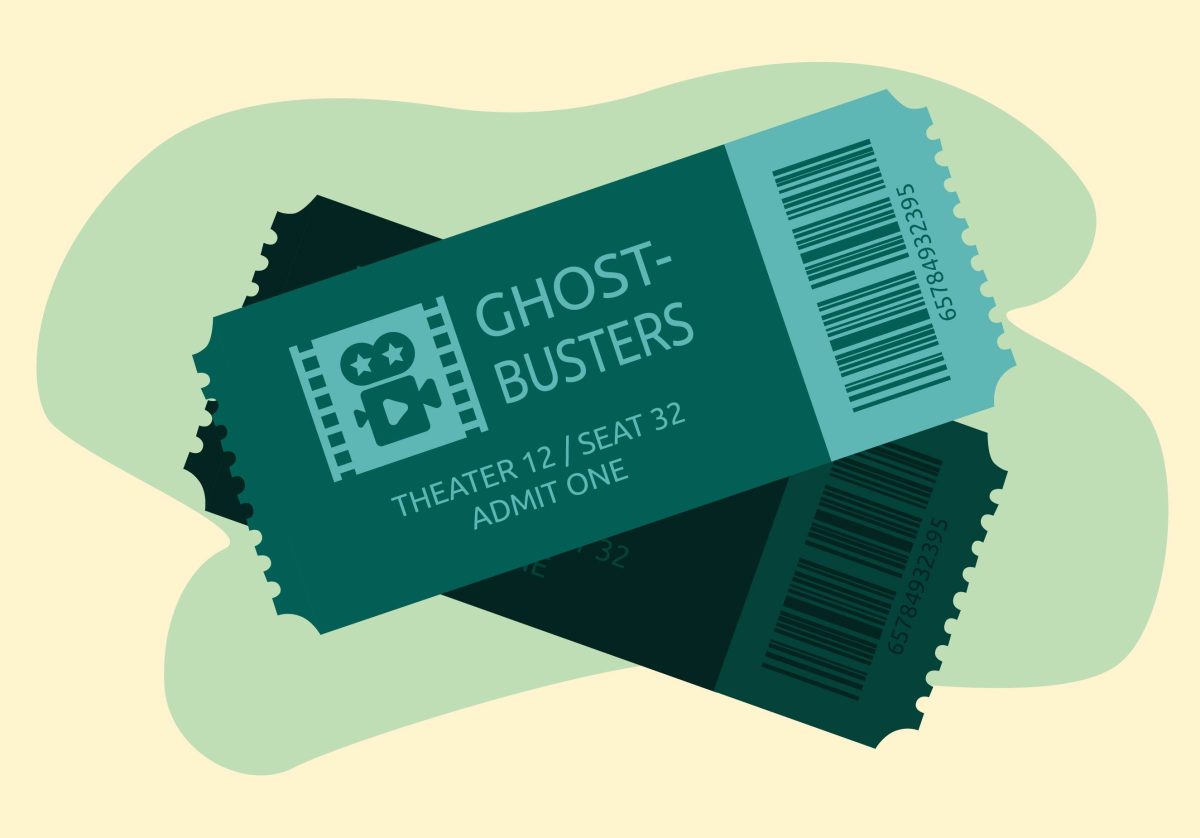The Battle of Algiers” places the grit of violent revolution at our fingertips. It’s physical. It muddies our shoes with bloody streets and fills our lungs with the smoke of exploding bombs.
The 1965 film plunges us into the North African country of Algeria, where in the 1950s, Algerian nationalists, suffocating from more than a century of French colonial rule, are taking back their homeland one body at a time. This fictional retelling of their fight for independence places priority on the street wars between the guerilla soldiers of Algeria’s National Liberation Front and the French paratroopers. With the film’s portrayal of a Western power confronting violent insurgents, media scrutiny and large protests, its re-release couldn’t have come at a better time.
And if you’re thinking this film might hold some insight into the current quagmire in Iraq, you’re not alone.
In the summer of 2003, as Iraqi insurgents continued to blow U.S. soldiers and other Iraqis to bits, the Pentagon screened “The Battle of Algiers” for a group of officers and civilian experts.
An e-mail flier advertising the screening circulated with the title, “How to win a battle against terrorism and lose the war of ideas,” The New York Times reported in September. The flier continued with:
“Children shoot soldiers at point-blank range. Women plant bombs in cafes. Soon the entire Arab population builds to a mad fervor. Sound familiar? The French have a plan. It succeeds tactically, but fails strategically. To understand why, come to a rare showing of this film.”
The group sponsoring the screening wanted Pentagon officials to consider the brutal tactics French forces employed while combating the Algerian rebels and how those repressive methods (torture) would transfer to Iraq, the Times article said.
Using “The Battle of Algiers” in this way is a clear reversal of the film’s original intent. It’s almost a sullying of its legacy.
Gillo Pontecorvo’s film is about emancipation. It’s about defeating colonial rule no matter the cost in blood. Pontecorvo, who was commissioned by FLN leaders to make the film, holds little back when illustrating just how far the rebels will go. Rather than show his patrons in a flattering light, he often highlights the moral ambiguity of their violent methods. But when he shows us the brutal retaliation of the French and their unwavering determination to secure control of Algeria, the rebels’ fierce actions seem more necessary.
It’s in these moments of violent conflict that Pontecorvo turns the ideology of revolution into something tangible, something we can feel. One of the film’s most profound examples of this indoctrination is a series of scenes illustrating the back-and-forth nature of the street wars.
The sequence begins with the French authorities responding to a rebel attack by blowing up the home of a militant in a crowded neighborhood. Pontecorvo brings us into the smoky aftermath as mothers sit weeping and the dead children’s limp bodies are pulled from the rubble.
With sudden force, he quickly cuts to a close-up of a rebel woman, her piercing eyes peering into a mirror as she straightens her hair. The sounds of giant, relentless drums flood the soundtrack. Hairs stand up on the backs of our necks.
We then follow three Algerian women, who have colored their hair and exchanged their traditional garb for French styles. They walk into cafes filled with French colonists and plant their explosives. This is the horror that can come with revolution. Does it sound more familiar now?
These violent measures mimic what we would call terrorist behavior – which attracted Pentagon officials to the film – but it’s hard to call these Algerian freedom fighters “terrorists.” The truth is the French, like all the Western imperialists that have imposed themselves on Africa and elsewhere, should never have been in Algeria.
The French actually won the battle of Algiers, but they would lose the war for Algeria. The insurrection in other cities and in the rural parts of the country, mixed with political unrest in France, would eventually lead to Algerian independence in 1962.
So if “The Battle of Algiers” is about an insurgency that fueled a revolution, then why would the Pentagon use it as a case study for repressing a vastly different Iraqi insurgency, one that continues to bomb its own people?
Because they’re willing to lose the war of ideas.
















